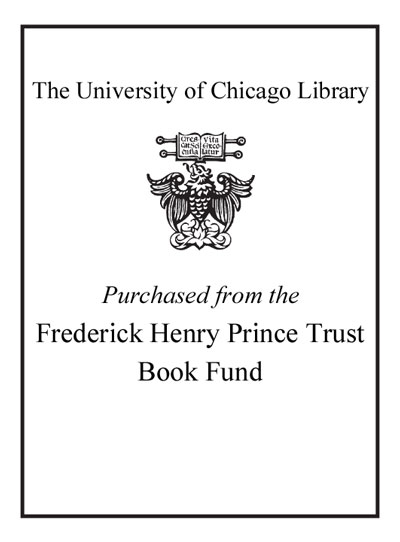Why David sometimes wins : leadership, organization, and strategy in the California farm worker movement /
Saved in:
| Author / Creator: | Ganz, Marshall, 1943- |
|---|---|
| Imprint: | Oxford ; New York : Oxford University Press, 2009. |
| Description: | xvii, 344 p. : ill., maps ; 25 cm. |
| Language: | English |
| Subject: | |
| Format: | E-Resource Print Book |
| URL for this record: | http://pi.lib.uchicago.edu/1001/cat/bib/7708891 |
| Summary: | On April 10, 1966, a crowd of 10,000 farm workers and supporters gathered at the California state capitol to celebrate victory in one of the most significant strikes in American history--one that made Cesar Chavez famous as leader of the National Farm Workers Association, which later became the United Farm Workers (UFW). In Why David Sometimes Wins, Marshall Ganz tells the story of the UFW's ground-breaking victory, drawing out larger lessons from this dramatic tale. A longtime leader in the movement and current lecturer in public policy at Harvard, he offers unique insight. Since the 1900s, large-scale agricultural enterprises had relied on migrant labor--a cheap, unorganized, and powerless workforce. In 1965, after successive waves of attempts at organizing this large and growing population, the AFL-CIO, the Teamsters, and the three-year-old NFWA all found themselves on the ground, recruiting members. That year, some 800 Filipino grape workers began a strike, under the aegis of the AFL-CIO. The UFW soon joined the action with some 2,000 Mexican workers. The UFW's leaders turned the strike into a kind of civil rights struggle; they engaged in civil disobedience, mobilized support from churches and students, boycotted growers, and transformed itself into La Causa, a farm workers' movement that eventually triumphed over the grape industry's Goliath. Why did they succeed? How can the powerless challenge the powerful successfully? Ganz points to three elements: the greater motivation of its leaders, their ties to the community and access to grass-roots knowledge, and their open and deliberative decision-making process. In total, the ability to devise good strategy and turn short-term advantages into long-term gains. As both an insider and scholar, Ganz provides insight unavailable anywhere else. Authoritative in scholarship and magisterial in scope, this book constitutes a seminal contribution to the movement's struggles and ultimate success. |
|---|---|
| Physical Description: | xvii, 344 p. : ill., maps ; 25 cm. |
| Bibliography: | Includes bibliographical references (p. [317]-335) and index. |
| ISBN: | 9780195162011 0195162013 |

